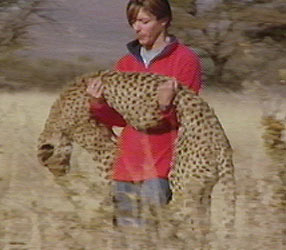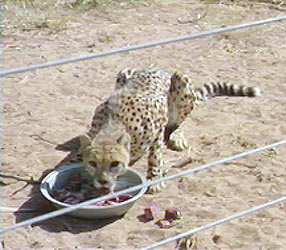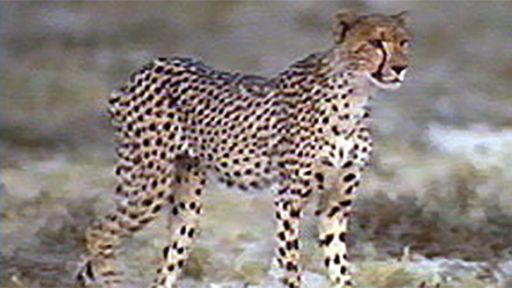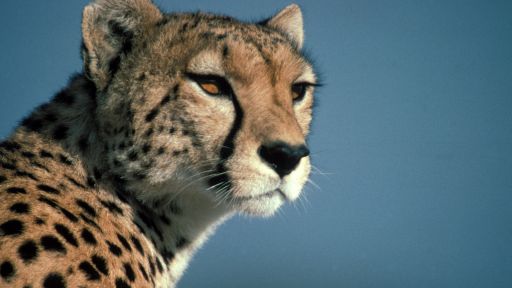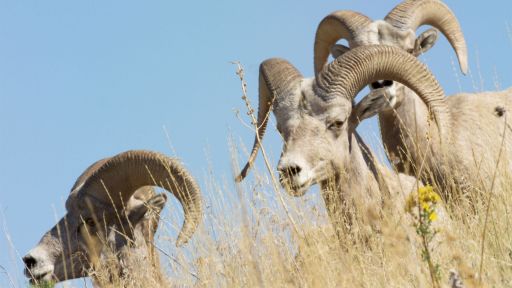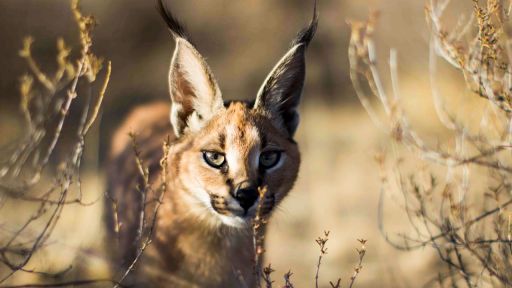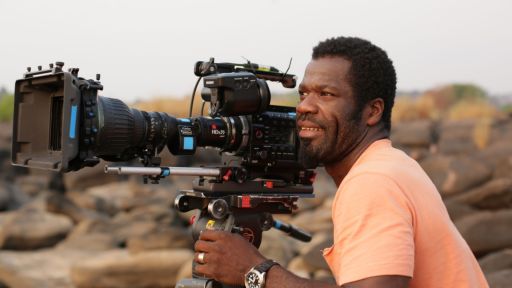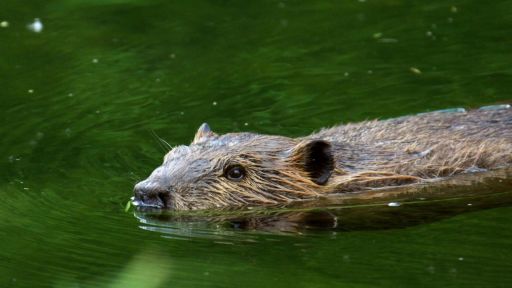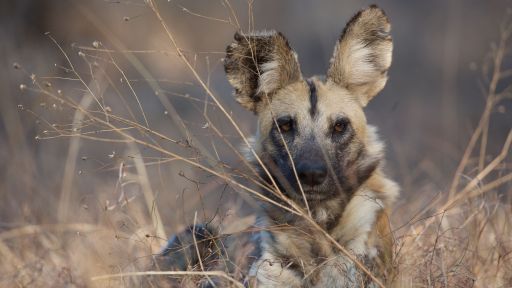Namibia, a southern African nation that gained its independence in 1990, is the cheetah capital of the world. It is home to nearly 2,000 of the big cats, or one-sixth of the world’s 12,000 remaining cheetahs. Some of Namibia’s cheetahs live on protected lands, such as the Etosha park featured in NATURE’s Cheetahs in a Hot Spot.
But most roam private ranching lands, where they are widely viewed as pests because they prey on livestock. As a result, farmers have killed more than 7,000 Namibian cheetahs over the last decade, according to the World Society for the Preservation of Animals. Often, death comes after the cheetahs have been caught in cage traps without food or water. The traps are set near the large trees cheetahs favor for scratching and relaxing.
Some Namibians are trying to stop the killing. In 1992, for instance, Lise Hanssen and her husband founded the Africat Foundation to save threatened cheetahs. As Cheetahs in a Hot Spot shows, Lise and her colleagues regularly save caged cheetahs, bringing them back to the Hanssen ranch for rehabilitation. Some are too injured to ever live in the wild again. But others are ripe for relocation.
Luckily, some ranchers have turned their livestock lands into wildlife preserves in a bid to attract tourists and make their living a new way. Cheetahs are a star attraction on such ranches, and Hanssen is sometimes able to release one of her wards into a new home.
But such releases are a short-term solution. Hanssen is also working to teach ranchers new ways of reducing cheetah threats to their livestock herds. Sometimes, a simple electric fence is enough to prevent attack, while some ranchers are trying special chemicals that make calves unattractive to cheetahs. Recently, Hanssen opened a special education center that demonstrates how ranchers can protect their herds without harming cheetahs. “If farmers of today and tomorrow can be educated to live with such predators without sacrificing their livestock,” she says, “the chance of survival for these animals will be greatly increased.”

